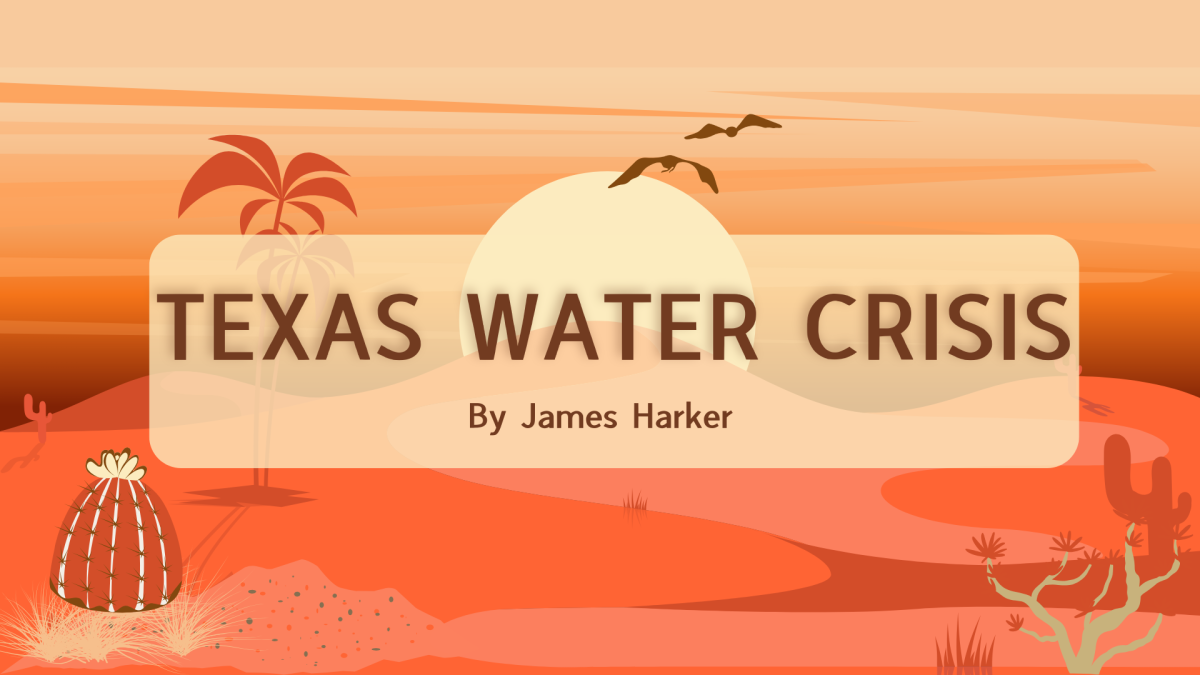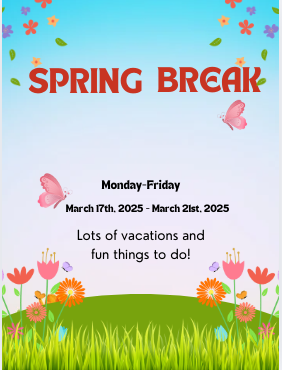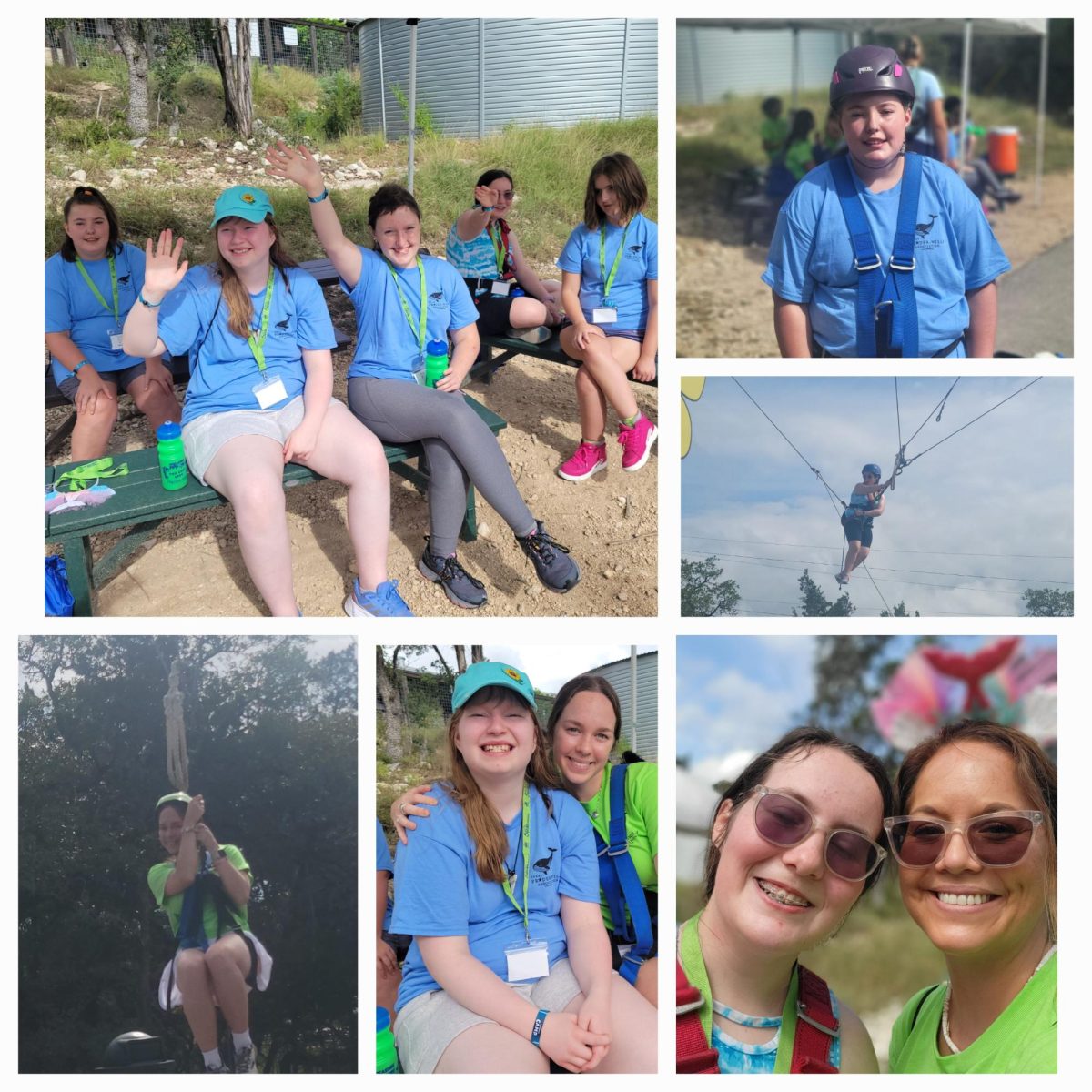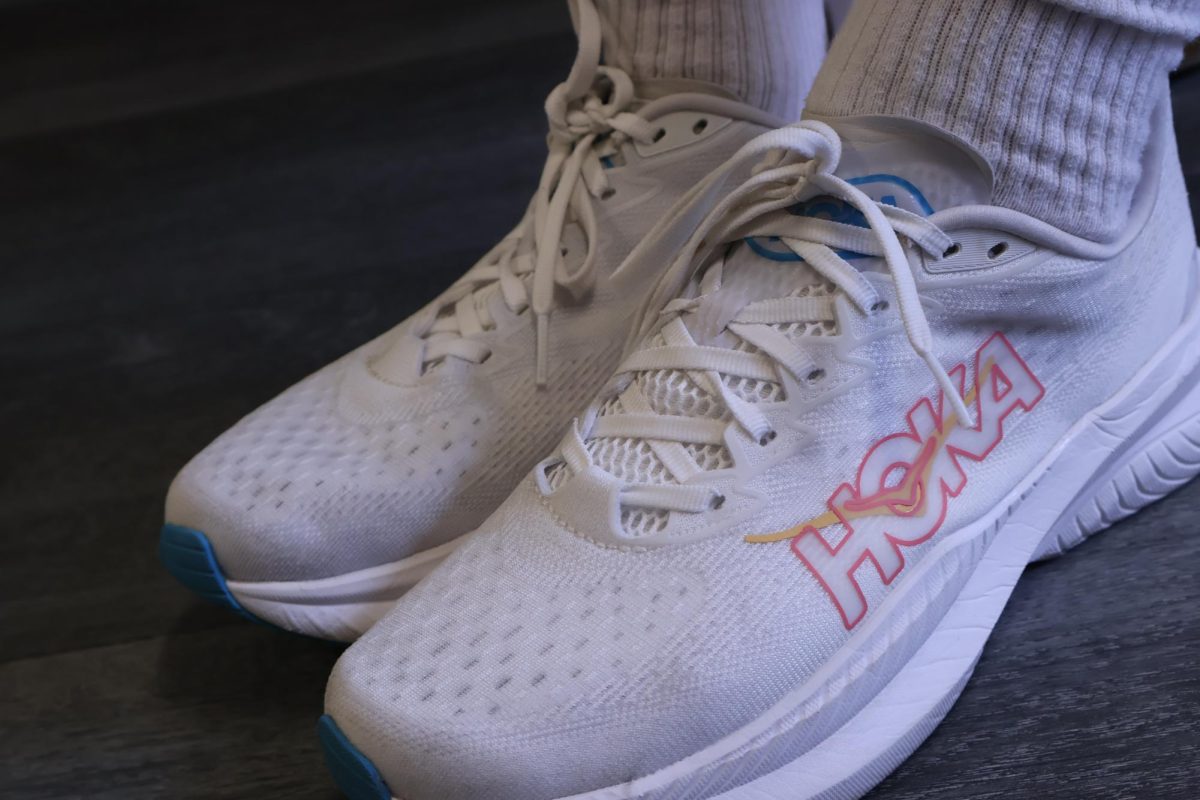Positive Behavior Intervention Supports (PBIS)







Here in the Canyon, some of our mustangs have noticed that our school has undergone a series of changes in its approach to encourage positive student behavior. Two years back, students received Mustang Bucks if they filled out their Compliment Sheets, which had blank lines where students or staff were to write in compliments for the student. Once they collected five mustang bucks, they could trade them in for a free cookie. Now, in the place of the Compliment Sheets, teachers have started giving out Mustang Tickets instead, which offer different prizes depending on the amount collected. Our reward systems are not the only things that have changed. As an alternative to the standard “negative” approach of disciplining students, teachers are now focusing more on good behavior instead of having a talk with the students with bad habits. This year, Canyon Vista Middle School has agreed to participate in PBIS (Positive Behavior Intervention Supports), a program made to increase positive behavior in students and make good attitude the norm.
According to some teachers on campus, the idea of working with PBIS started when a few of the staff at CVMS made the confession that their efforts in disciplining students were not working. Facing similar situations, middle schools all around the U.S. are taking this new approach to encouraging better behavior from their students. Instead of just issuing the classic punishments like detention and Friday Night Lights, teachers now give out mustang tickets, which can be redeemed for prizes. These rewards include chances at the Impossible Shot, where contestants get a bouncy ball to throw into a vertical pole, or the Pizza with Pals raffle, where a student is allowed to choose three of his or her best friends to eat lunch together.
Unfortunately, a large number of the students dislike this new program. They view the idea of PBIS as “an unsuccessful attempt to make children learn how to act properly,” as 8th grader Sara Mawani says. “The only effect this program has on the students here is that they learn quickly how to act nice in front of teachers, but nasty behind their backs. I don’t think PBIS is working.” Her concerns also bring up a major problem that many other students have also voiced. They believe that PBIS has just been developing a terrible habit in which students learn to get away with their rude behavior. Such habits present a large problem to the attitude of the student body as a whole and do not help with our goal to become more positive.
Many of the students have also commented on the lack of teachers awarding mustang tickets altogether. “It’s true that not many teachers around here seem to be giving out mustang tickets, but I think that the program is mainly directed towards the 6th graders anyways, and the 6th grade teachers have been handing out a lot of mustang tickets,” says 8th grade Math teacher, Mrs. Loose. Her belief is that the older students do not need the aid of PBIS unlike the 6th graders who have just started adapting to a whole new learning environment. It can be agreed that the main purpose of PBIS is to ensure that the younger students learn how to act after the large jump from elementary to middle school.
In a recent analysis from the PBIS program itself, schools from all around the country have reported various reactions to PBIS. Some schools say that their students have shown a dramatic change in their behavior, and others have reported to having no change. One thing that was evident from the statistics was that almost all the schools that showed an increased level of positive behavior were elementary schools. According to the PBIS organization, “No magic wand single-handedly works to remove the barriers to learning that occur when behaviors are disrupting the learning community. The climate of each learning community is different; therefore, a one size fits all approach is less effective than interventions based on the needs of each school.” As it hints, PBIS is saying that all schools will be given the same ideas and concepts to embellish on, meaning that the actions middle schools in Texas are taking to ensure positive behavior are probably very similar to actions of other middle schools from across the country. However, the schools should then take the ideas issued by PBIS and develop them to the needs of the individual students. 6th grade L.A. teacher, Mrs. Johnson, commented that “The biggest issue I see at our school is hallway behavior (mostly 6th graders…). Running, yelling, pushing, etc. But other than that, I have not seen a huge difference because Canyon Vista Middle School students have always been respectful and kind.”
Some people believe that the PBIS program has methods that are working successfully, however there are a few flaws that prevent it from being completely effective. Hailey Rangel, a 6th grader, thinks that PBIS is a great idea for misbehaved students. However, even though the program is supposedly aimed towards the younger students, most 6th grade teachers are also failing to spread the message and pass out tickets. Some teachers on the other hand, believe that the rewards system is encouraging better behavior from students no matter how many tickets are passed out. 6th grade Science teacher, Mrs. Zbranek states, “Talking about the expectations does change their (6th graders) behavior. I really enjoy having a reward system in place for doing a great job.”
Although Canyon Vista has made many changes to make it’s teaching procedures more “positive”, our school will always be the same when it comes to the teachers and it’s familiar atmosphere of learning. Whether or not PBIS has had any effect on the students of Canyon Vista, our school remains a place for our mustangs to learn and grow.



















